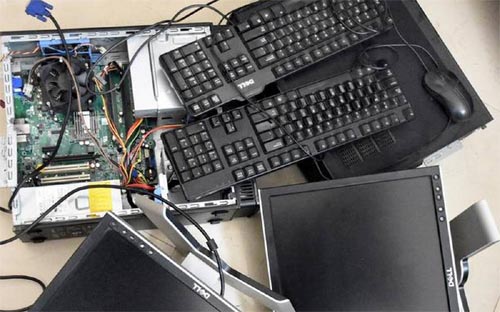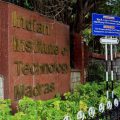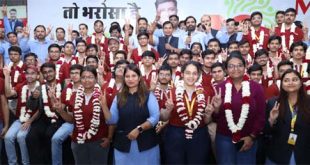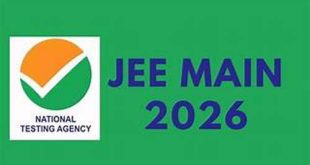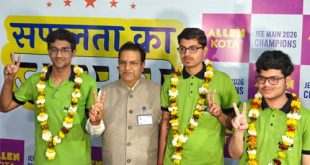IIT-Madras is developing a new model to tackle electronic wastes (e-waste)
Newswave@ New Delhi
Indian Institute of Technology (IIT)-Madras is developing a new model to tackle electronic wastes (e-waste) by linking stakeholders in the formal and informal economy. It will be an exchange platform that will serve as an online marketplace for waste electrical and electronic equipment and facilitate a formal supply chain between various stakeholders.
53.6 MT e-waste generate every year
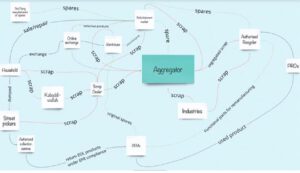
According to studies, the world presently generates 53.6 million tonnes of e-waste every year. This is expected to double in the next 16 years. Studies also estimated that 85 percent of this is being lost globally. E-waste is a pressing issue in India particularly as even while it is the world’s third-largest producer of e-waste, only five percent of its e-waste is recycled properly.
IIT Madras researchers are working to develop the model which, they estimate, can potentially open doors to a $50 billion economy. The initiative is being spearheaded by the Chennai-based Indo-German Centre for Sustainability (IGCS) which is located at the IIT-Madras campus. The Centre researches sustainability challenges. It is funded by the Government of India’s Department for Science and Technology (DST), and the German Academic Exchange Service (DAAD).
e-source is an open-source platform
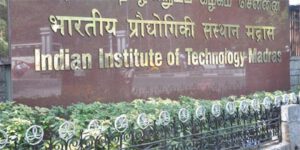
Prof. Sudhir Chella Rajan, Faculty Member of Department of Humanities and Social Sciences, IIT-Madras, and IGCS, said, “e-source is an open-source platform that will evolve towards using machine learning for better traceability of e-waste in compliance with guidelines and help increase the opportunities for repair and re-use of e-waste. This will potentially improve livelihoods for youth and women in peri-urban settings by upgrading their skills and improving occupational health and safety, reduce the flow of toxic materials in waste streams, and broaden the market for affordable, second-hand e-devices.”
The research team, he said, has already completed initial market research and mapping of the various stakeholders through direct conversations and consultations combined with secondary research. “The beta version of the online platform is ready and the team is now looking at more collaborators from the ecosystem, especially informal e-waste aggregators, to kick-start the pilot run.”
A key aspect of the initiative is that the team would deploy a detection system that uses a combination of image processing and natural language processing techniques to extract product information and upload it to the database. Once significant data sets are available, the team would advance towards deploying machine learning capabilities to ensure easy retrieval and proper indexing of the products to reflect the users’ perspective and the relevant aspects of the processes.
The initiative will, among other things, focus on forging collaborations and influencing the stakeholders in the informal markets who are primary users/buyers of used electronic goods and sellers of electronic spares, ICT components, and electronic equipment. This is to ensure enough volumes are generated for repair, re-use, and recycling for larger players (e.g., authorized recyclers) to operate along with aiding stand-alone repair-men to acquire electronic components (EC’s) independent of the centralized grey markets. (India Science Wire)
 News Wave Waves of News
News Wave Waves of News
